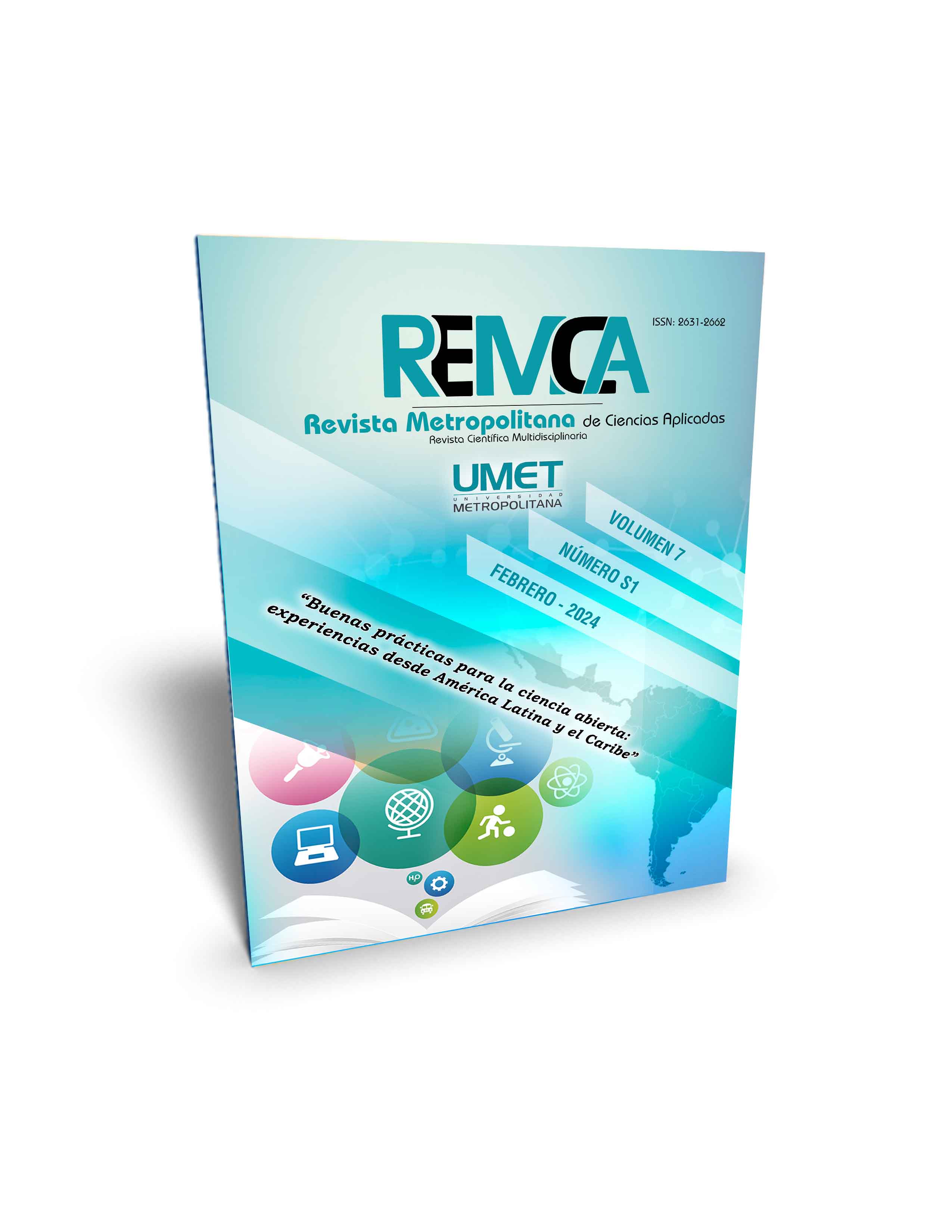The emerging labor contract and the regulations of the humanitarian support law. Is there a violation of rights?
DOI:
https://doi.org/10.62452/1q7nf173Keywords:
Union leaders, emerging labor contract, Humanitarian Support Law, labor rightsAbstract
This study examines the role of union leaders in the face of the emerging labor contract and regulations under the Humanitarian Support Law. It explores how unions adapt to new labor conditions imposed by emergencies, as well as their strategies to protect workers' rights. The findings show that union leaders play a crucial role in defending labor rights, using collective bargaining, worker education, and monitoring compliance with labor regulations as key tools. However, challenges such as lack of resources and resistance from some employers are identified. The need to strengthen union capacity and promote greater social dialogue to address these obstacles is highlighted. Ultimately, the importance of striking a balance between labor flexibility and worker protection to ensure a fair and sustainable labor recovery is emphasized.
Downloads
References
Aguirre Salcedo, A. A., & Almeida Zerna, A. N. (2021). Estabilidad Laboral frente a la Ley de Apoyo Humanitario durante los meses de mayo a agosto del segundo trimestre del año 2020. (Tesis de licenciatura). Universidad de Guayaquil.
Bronfenbrenner, K., & Juravich, T. (1998). In the Eye of the Storm: How the Government and Private Sector Responses to Hurricane Katrina Failed Latino Workers in New Orleans. Institute for Latino Studies.
Budd, J. W. (2004). Employment with a Human Face: Balancing Efficiency, Equity, and Voice. Cornell University Press.
Corte Constitucional del Ecuador. (2020). Tribunal de la Sala de Admisión de la Corte Constitucional, Caso No. 90-20-IN. http://esacc.corteconstitucional.gob.ec/storage/api/v1/10_DWL_FL/e2NhcnBldGE6J3RyYW1pdGUnLCB1dWlkOidkNjU3YmI3NC0yY2I5LTQxMjgtOGRkNy1iZGIwNWEyMmQ5MjEucGRmJ30=
Corte Constitucional del Ecuador. (2021). Tribunal de la Sala de Admisión de la Corte Constitucional, Sentencia No. 21-21-AN/21. http://esacc.corteconstitucional.gob.ec/storage/api/v1/10_DWL_FL/e2NhcnBldGE6J3RyYW1pdGUnLCB1dWlkOidlM2RmZmUzMy00NjE0LTRkZGMtOTgyNC0yMjc3OGE1NjU0ZWQucGRmJ30=
Corte Constitucional del Ecuador. (2022). Tribunal de la Sala de Admisión de la Corte Constitucional, Sentencia No. 36-22-CN. http://esacc.corteconstitucional.gob.ec/storage/api/v1/10_DWL_FL/e2NhcnBldGE6J3RyYW1pdGUnLCB1dWlkOic1ZWJmMTY2Yi1lNWFhLTRhMDktOGU3NC0yMDU0MmI5ZmEyZWUucGRmJ30=
Ecuador. Presidencia de la República. (2020). Reglamento General de la Ley Orgánica de Apoyo Humanitario. Decreto Ejecutivo 1165. Registro Oficial Suplemento 303. https://www.igualdad.gob.ec/wp-content/uploads/downloads/2020/10/reglamento_general_ley_organica_apoyo_humanitario_oct2020.pdf
Ferner, A., Edwards, T., & Hyman, R. (2004). Recasting the European Workplace: New Forms of Management, Work Organization, and Employment. Oxford University Press.
Freeman, R. B., & Medoff, J. L. (1984). What Do Unions Do? Basic Books.
Hyman, R. (2001). Understanding European Trade Unionism: Between Market, Class, and Society. Sage Publications.
International Labuor Organization. (2020). COVID-19: Guidance for Trade Unions. ILO. https://www.ilo.org/wcmsp5/groups/public/---ed_dialogue/---actrav/documents/publication/wcms_806895.pdf
Katz, H. C., Kochan, T. A., & Colvin, A. J. (2008). Employment Relations in a Changing World Economy. ILR Press.
Kelly, J. (1998). Rethinking Industrial Relations: Mobilization, Collectivism, and Long Waves. Routledge.
Lansbury, R. D., Wright, C. F., & Baird, M. (2012). Labor Regulation and Collective Voice in Australia: An Introduction. British Journal of Industrial Relations, 50(2), 197-210.
Medina Reyes, C. A. (2021). La remuneración como derecho fundamental para una vida digna del trabajador en relación a la reducción emergente de la jornada laboral en la lOAH. (Tesis de Licenciatura). Pontificia Universidad Católica del Ecuador).
Tilly, C. (2010). Regímenes de trabajo: La historia comparativa de las relaciones laborales. Siglo XXI Editores.
Downloads
Published
Issue
Section
License
Copyright (c) 2024 Marcia Jacqueline Córdova-Díaz, Gustavo Xavier Corral-Calderón, Lucila Gómez-Rodríguez (Autor/a)

This work is licensed under a Creative Commons Attribution-NonCommercial-ShareAlike 4.0 International License.
Authors who publish in Revista Metropolitana de Ciencias Aplicadas (REMCA), agree to the following terms:
1. Copyright
Authors retain unrestricted copyright to their work. Authors grant the journal the right of first publication. To this end, they assign the journal non-exclusive exploitation rights (reproduction, distribution, public communication, and transformation). Authors may enter into additional agreements for the non-exclusive distribution of the version of the work published in the journal, provided that acknowledgment of its initial publication in this journal is given.
© The authors.
2. License
The articles are published in the journal under the Creative Commons Attribution-NonCommercial-ShareAlike 4.0 International License (CC BY-NC-SA 4.0). The terms can be found at: https://creativecommons.org/licenses/by-nc-sa/4.0/deed.en
This license allows:
- Sharing: Copying and redistributing the material in any medium or format.
- Adapting: Remixing, transforming, and building upon the material.
Under the following terms:
- Attribution: You must give appropriate credit, provide a link to the license, and indicate if any changes were made. You may do this in any reasonable manner, but not in any way that suggests the licensor endorses or sponsors your use.
- NonCommercial: You may not use the material for commercial purposes.
- ShareAlike: If you remix, transform, or build upon the material, you must distribute your creation under the same license as the original work.
There are no additional restrictions. You may not apply legal terms or technological measures that legally restrict others from doing anything the license permits.




